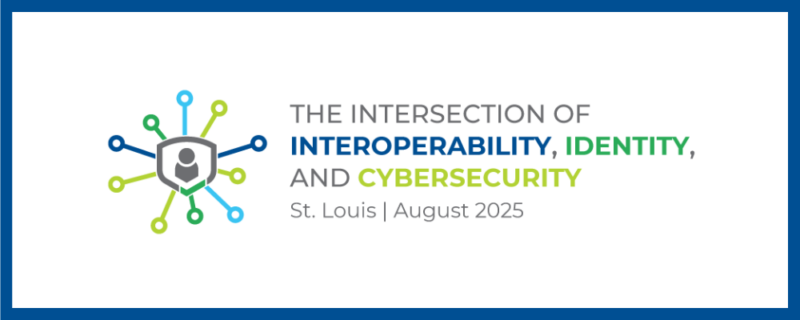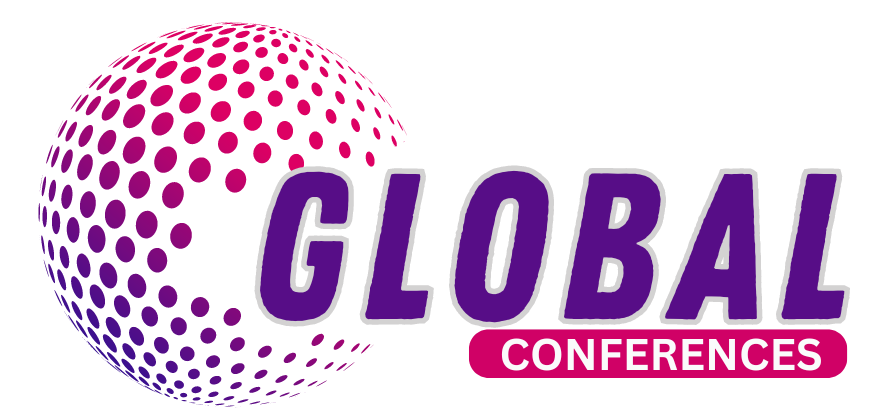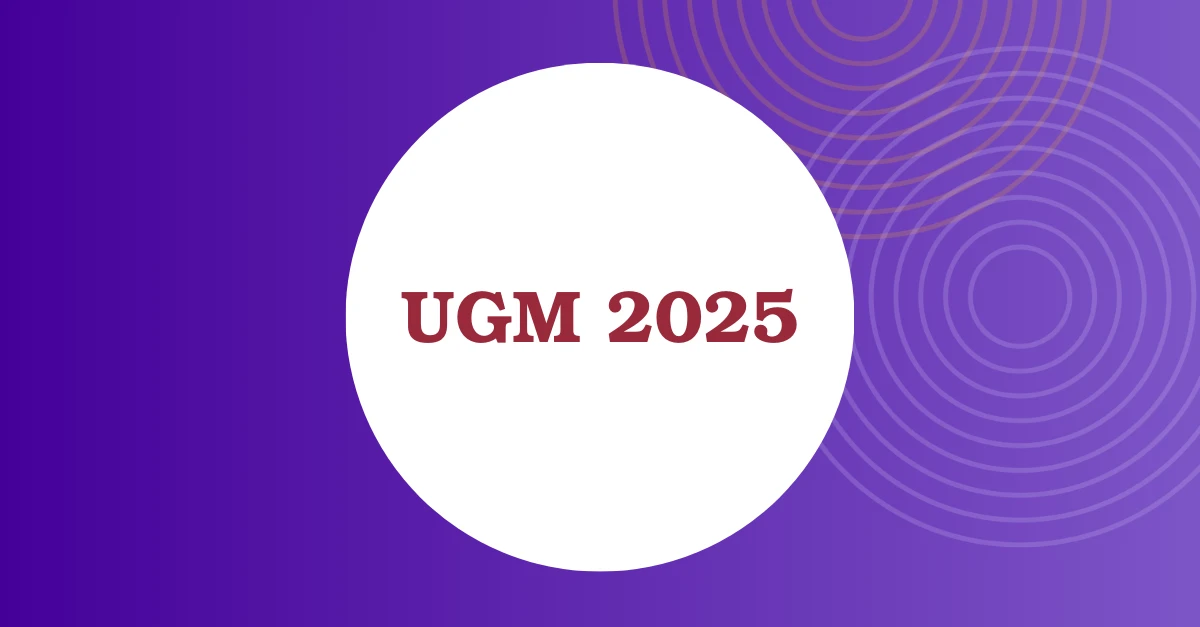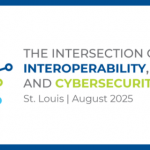Good news for EHRs? The annual Top 10 Health Technology Hazards list from the ECRI Institute puts EHRs almost halfway down the ladder of critical health IT problems in hospitals, dropping from number one on last year’s list to number four in 2014. Instead, concerns over alarm hazards including overuse fatigue and activation errors scooped the top spot, followed by infusion pump errors and CT radiation exposure in pediatric patients.
In 2013, the top concerns over EHRs included interface issues, configuration problems, incorrect retrieval of patient charts, and incorrect input. This year, the list targets problematic hybrid paper-EHR workflows, inappropriate useof default values, and clock synchronization errors in addition to the old standby warnings about data entry errors and cloning of documentation.
Of even greater concern, however, is the overwhelming number of alarms that inundate clinicians when tending to a patient. Between bedside monitoring equipment and EHR notifications, 87% of physicians in the Veterans Affairs system, for example, say they experience “excessive” alerts that have caused them to miss important test results
on at least one occasion.
“It is possible to have too much of a good thing,” the ECRI report says. “Excessive numbers of alarms – particularly for conditions that aren’t clinically significant or that could be prevented from occurring in the first place – can lead to alarm fatigue, and ultimately patient harm.” However, turning off the alerts could be just as dangerous for patients, as sometimes the warnings are clinically relevant. Instead of an all-or-nothing approach, the report suggests that healthcare stakeholders come together to figure out how to keep alarms from firing inappropriately and how to optimize important alerts to capture a clinician’s attention instead of annoying her.
Additional technology-related hazards for 2014 include inadequate reprocessing of endoscopes and surgical instruments, neglecting change management for networked devices and systems, improper use of “adult” technologies on pediatric patients, insufficient training for surgeons using robotic devices, and the euphemistically-named “retained devices,” or surgical objects left in a patient after a procedure.
source
Post Views: 411
























